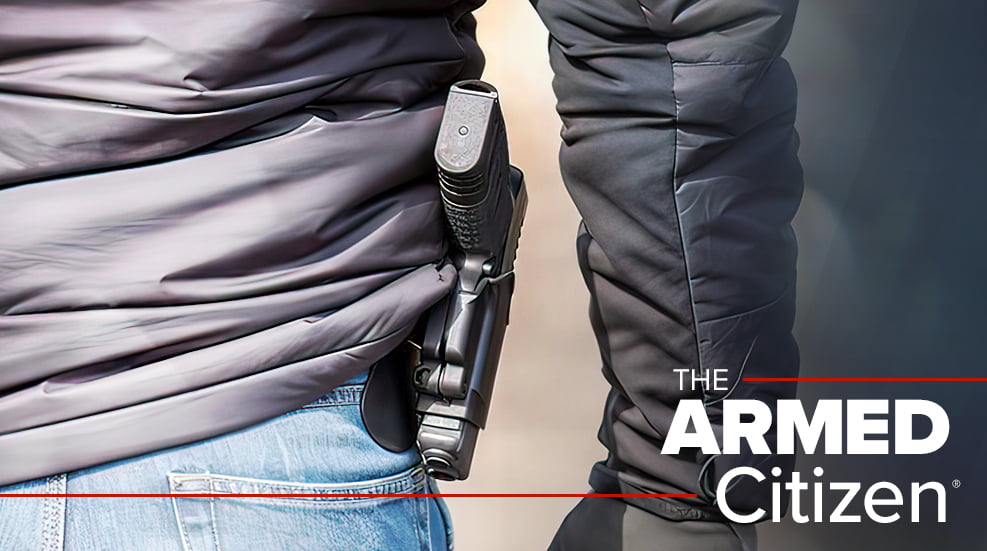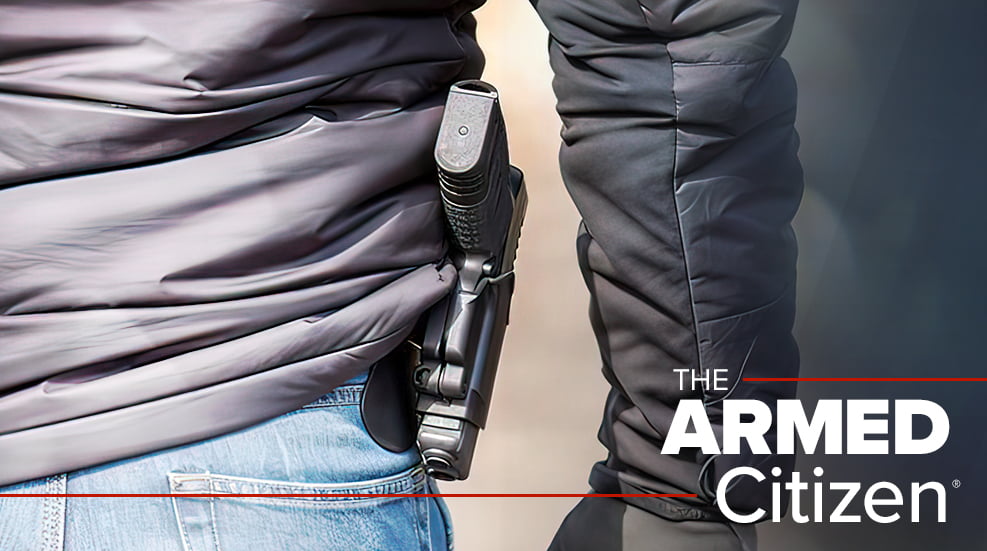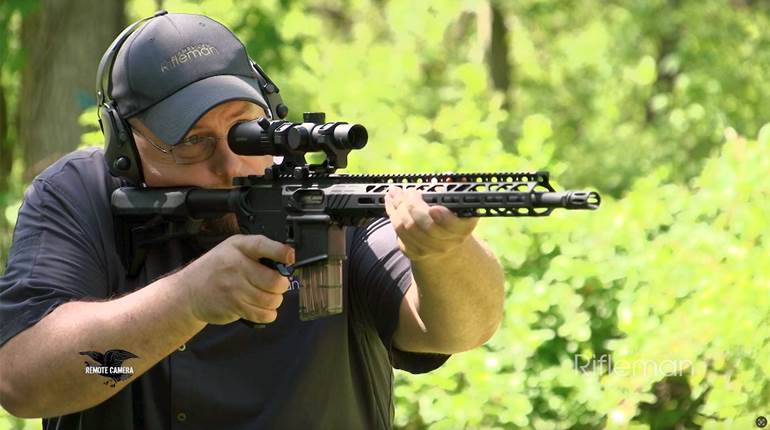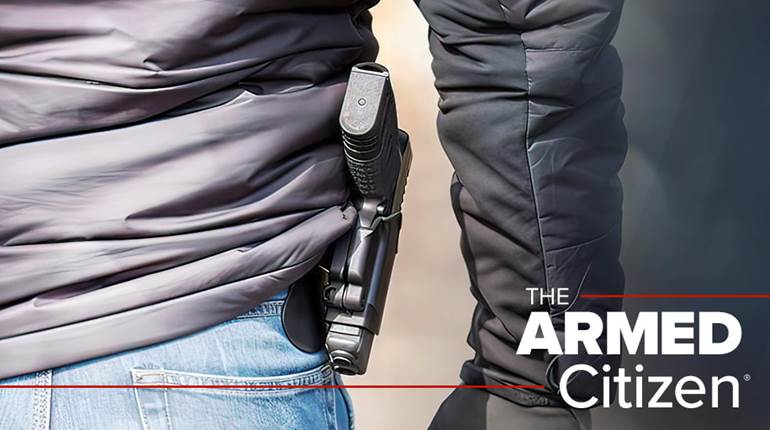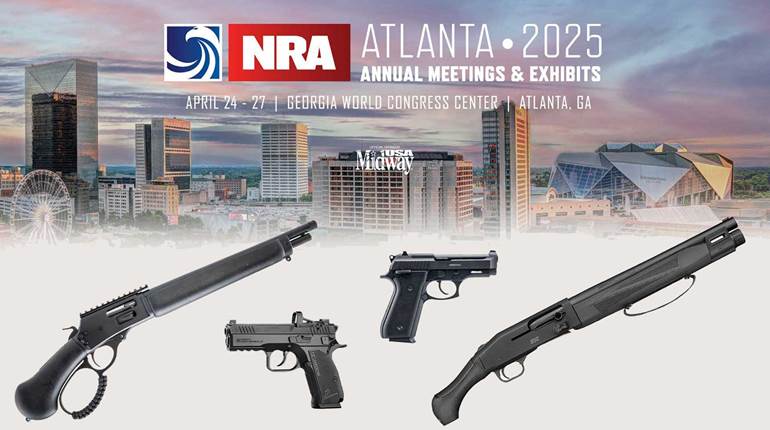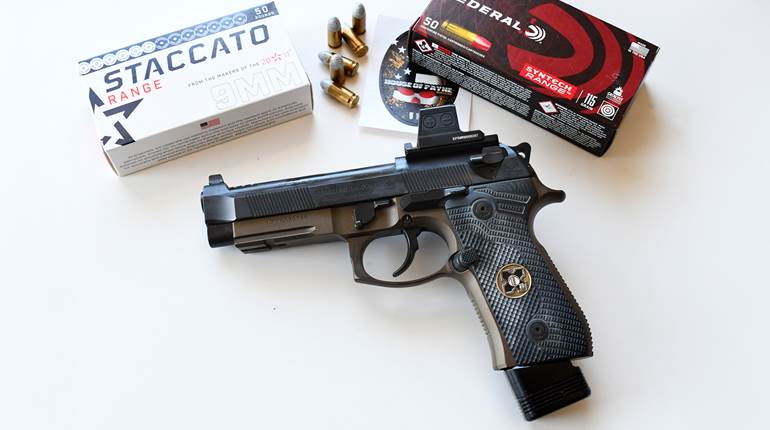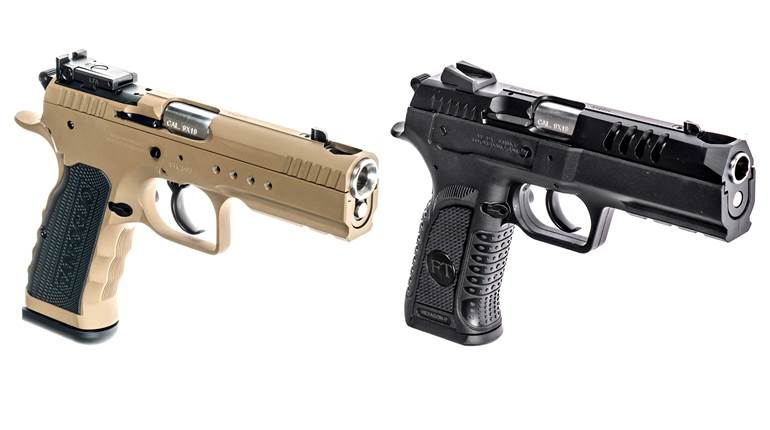
6/20/2013
There is no shortage of pre-owned but serviceable bolt-action rifles for sale at modest prices. Whether unwanted hand-me-downs, relics of bygone days, platforms that are “past their prime” or simply single-season splurges, used rifles—deemed to be in safe, firing condition by a gunsmith—can be easily upgraded and customized to enhance their downrange potential and aesthetics. Such improvements needn’t break the bank, nor require the services of a veteran gunsmith, either, and the resulting firearm will not only be purpose-built for a specific task, it will also reflect the owner’s personality.
In the subsequent pages you’ll see a sampling of products used to breathe new life into a neglected, bead-blasted, bare-bones $200 Remington Model 700 ADL. Know upfront that, like automobiles, rifle customization can run the gamut with regard to cost. Likewise, seldom will costs incurred during customization be recouped in a resale, so it is prudent to focus only on improvements that, in the end, serve a purpose; it’s difficult to justify many high-end aftermarket add-ons. None of the items used for this project exceeded $300, and most were significantly less. Each was selected for its utility and value.
Although not a novice, I’m not a full-fledged gunsmith, either. My experience level enabled me to approach the project with an eye toward the beginner, and the results can be easily replicated provided the manufacturer’s directions are followed. In total, the build, which occurred in phases during a multiple-week period, took about four hours of labor to complete. Most of that time was spent in preparation. As for cost, sans the rings, bases, optic, bipod and sling, and excluding the original rifle cost, customization was about $650. That can seem expensive when compared to the prices of numerous high-quality low-cost rifles available new from manufacturers such as Sturm, Ruger & Co., Remington Arms, Savage Arms, Stevens, Marlin Firearms and O.F. Mossberg & Sons. But for a “custom” rifle outfitted with premium components, it can also legitimately be considered a bargain.
In addition to an authentic appearance, the Model 700 that emerged proved capable of delivering respectable accuracy; the same could not be said before the build, at which time 2-inch-plus group averages at 100 yards were commonplace. It’s likely that, given some attention, you too can create an original piece that will excel on the range and in the field.
Nikon Prostaff Riflescope
Nikon’s economical Prostaff riflescopes are possibly the best example of items selected because of their combination of utility and value. Despite constant re-zeroing when swapping between rifles, heavy recoil (from .300 Rem. Ultra Mag. to .375 H&H Mag. and .416 Rem. Mag.) and frequent air travel, I’ve yet to have a Prostaff fail, so it made sense that I’d select one for this project. Nitrogen-purged, O-ring-sealed one-piece main tubes ensure that Prostaff scopes are waterproof, fogproof and shockproof. Additionally, the scopes have fully multi-coated lenses, Zero-Reset turrets with clicks valued a 1/4 m.o.a., 3.7 inches of eye relief, and 50- or 100-yard parallax settings. Offered in a range of magnification settings and objective lens sizes, I opted for a 4-12X 40 mm version with the standard Nikoplex reticle. Weight and length were 15.7 ounces and 14.1 inches, respectively. As to price, I found my scope in Cabela’s Bargain Cave for $160, with the company’s regular price being $209. Expect the manufacturer’s set retail price to be slightly more.
Timney Trigger
A smooth, consistent and, preferably, user-adjustable trigger is essential to extracting maximum performance from a rifle. Best described as “horrendous,” the factory trigger’s replacement was mandatory, not optional, so I chose one from Timney Triggers. Manufactured in the company’s Phoenix, Ariz., facility, the triggers are hand-assembled from heat-treated components and said to have 0.0005-inch tolerances. The Model 700 version comes with an “improved” safety that blocks the trigger, not the sear, when engaged. Adjustable from 1 pound, 8 ounces to 4 pounds, I found the trigger’s crisp, repeatable factory-set pull of 3 pounds to be ideal. Installation took less than five minutes. In addition to the Remington Model 700, the company offers replacement triggers for other manufacturers and models, too. Price: $135.
Limbsaver Precision-Fit Recoil Pad
Few people relish recoil; rather, most seek to reduce it. Among the best products for doing just that are those available from Limbsaver, a company best known for vibration-reducing products for compound bows. According to the company, recoil abatement is upward of 70 percent. Depending on a stock’s design, the all-weather recoil pads can be replaced as easily as withdrawing two screws, removing the old pad, adding the new pad and retightening said screws. Such was the case on the Model 700’s synthetic stock. Few things gunsmithing-related tasks are as simple. Price: $42.
Lauer Custom Weaponry DuraCoat Shake ’N Spray Finishing Kit
Nothing screams boring, bland or “cookie cutter” as loudly as a rifle with a black synthetic stock. To enhance durability and aesthetics, the choice was obvious: the DuraCoat Shake ’N Spray Finishing Kit. The $35 kits have everything necessary to finish a firearm, including cleaner/degreaser, scouring pad, 4 ounces of paint (choose from more than 200 colors), hardener, and a Preval Aerosol Sprayer. No preheating, baking or blasting is necessary, and the results are permanent. For this project I selected three colors: Norwegian Army Light Green, French Army Tan and Rhodesian Brown. As for stencils and templates, Lauer Custom Weaponry sells them, too. My stencils came from flora around the yard.
Bergara Barrel
The barrel is often referred to as the heart of a rifle, and for the build in question, a transplant was necessary—the prior owner’s neglect resulted in a barrel that was ruined both inside and out. Perhaps the easiest, most economical choices for Savage and Remington rifles are replacements from Bergara. Featuring a Savage-style locking nut system and being pre-chambered, provided the owner has the proper tools (all of which are available from Brownells), swapping barrels takes only minutes. Unless one anticipates rebarreling rifles frequently, spending money for a vice, inserts, strap wrench, chamber gauges and rosin, among other things, is not advised. Fortunately, the barreled action can be shipped to Bergara Barrels North America in Duluth, Ga., where, for the cost of the barrel, shipping and $50, the company will remove the existing barrel, clean the action and bolt, and install and headspace the Bergara barrel. Barrels are available in both blued 4140 chromoly and 416 stainless versions, and in chamberings ranging from .223 Rem. to .300 Win. Mag. Price: $300 (blued chromoly) to $340 (stainless).
Harris Bipod
Outside of Camp Perry high power competitors, few shooters are able to place shots accurately at distance from the standing, offhand position. Although marksmanship improves when engaging targets while kneeling and sitting, precision bullet placement is best achieved from the prone position. For this very reason, a bipod accompanies me on the majority of my big-game hunts. Often imitated, U.S.-made Harris bipods have proven the most user-friendly and durable of any that I’ve used. Made of heat-treated steel and alloys, the bipods are easily affixed to the forward sling swivel stud on conventional rifle stocks; adapters enable attachment to various fore-end designs and rails. At rest, the bipod’s spring-loaded legs run parallel the barrel of the rifle, yet when deployed, each leg is individually adjustable to level the rifle on uneven terrain. Harris offers a host of models from the Bench Rest (6 to 9-inch height) to the Model 25C (13½ to 27 inches) in both solid and hinged configurations. Price: $92 to $156.
Leupold Rings and Bases
Because the rifle was devoid of iron sights, utilizing a riflescope was an absolute; however, a strong foundation is required to get the most from an optic. For the project rifle, I opted for the tried-and-true two-piece Leupold STD base with the windage-screw-secured rear ring, which offers ample hold for a .30-’06 Sprg.-chambered rifle. For magnum chamberings, the dual-dovetail configuration is preferred. A benefit of the former is that, in case the receiver’s drilled and tapped holes are misaligned, windage adjustments can be made on the base, not just the scope. As for rings, they were corresponding STD rings in medium size (0.770 inches in height). The bases and rings, which are available in matte black, gloss black and silver finishes, are machined from forged steel for maximum strength. Installation is both easy and quick. Price: $22 (bases), $28 (rings).
Quake Industries Contour Rifle/Shotgun Sling
Tired of your slung rifle or shotgun shifting or falling off your shoulder when trekking, especially during ascents? That’s the very reason I prefer Quake Industries’ Claw Contour Rifle/Shotgun Sling. Manufactured from a durable, lightweight, weatherproof non-slip material permanently molded in place on the nylon webbing, Claw slings stay in place and are available in several color and camouflage schemes. Hush Stalker II swivels come standard. Price $25 to $41.
Brownells Glasbed
The reality is that even “low-cost” replacement stocks are not inexpensive, and frankly, there was nothing wrong with the standard synthetic stock, so I opted to “improve” rather than replace it. The obvious fix was glass-bedding, with Brownells Glasbed being the preferred product. Proper glass-bedding ensures a snug, consistent fit of the barreled action into the stock, and the epoxy was applied in the area ahead of the forward action screw (especially in the recoil lug recess) and at the tang. Glasbed, which is pre-colored either in black or brown, requires no cups or measurements for mixing, so there’s no mess and uniformity is assured. Provided that directions are followed exactly, and that the non-flammable release agent is applied liberally, the results can be phenomenal. Consider it $32 well spent.


















